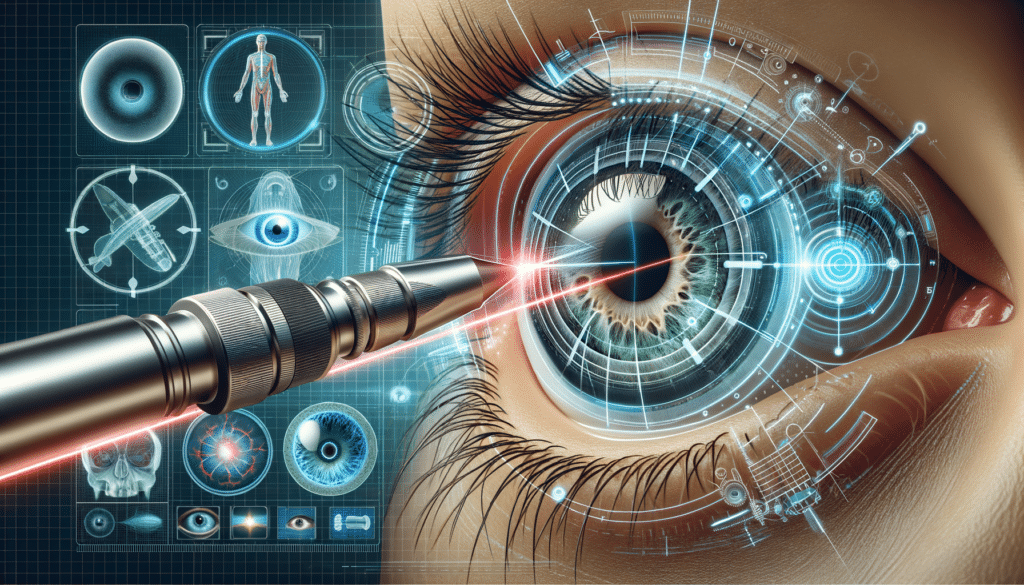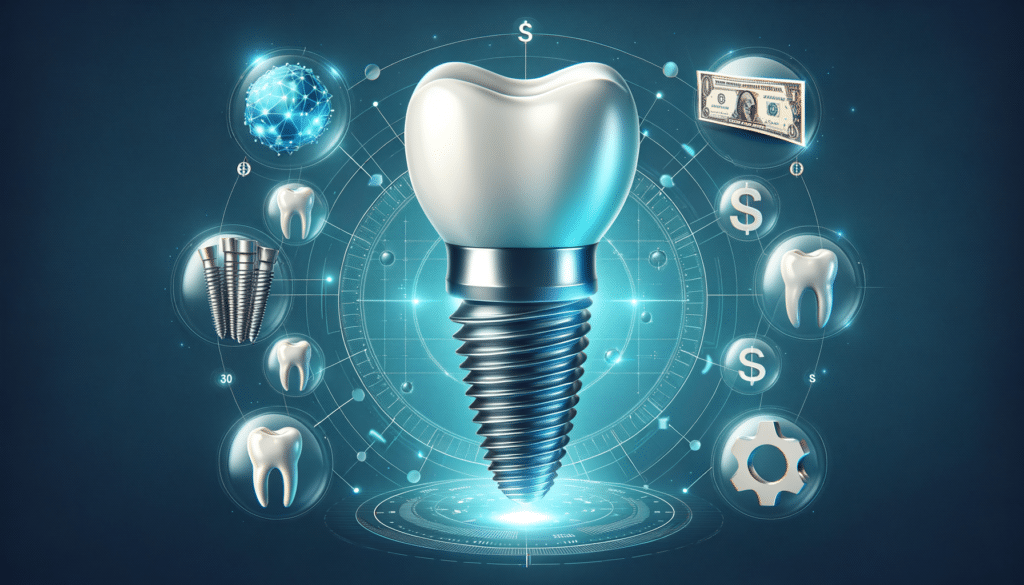Understanding Egg Donation: A Comprehensive Overview
Egg donation is a medical procedure that involves a donor providing her eggs to help individuals or couples who are unable to conceive naturally. This process has gained significant attention due to its role in assisted reproductive technology (ART). Egg donation is a beacon of hope for many, offering a chance to experience the joys of parenthood. The procedure is typically anonymous, although some donors and recipients choose to meet. The process starts with the selection of a suitable donor, followed by hormonal treatments to stimulate egg production. These eggs are then retrieved and fertilized in a lab before being implanted into the recipient’s uterus. Egg donation is crucial in cases where the recipient has poor egg quality, premature ovarian failure, or genetic disorders. It is also an option for same-sex couples and single parents wishing to have children. The process is governed by strict ethical and legal guidelines to ensure the safety and well-being of both donors and recipients.
The Process of Egg Donation: Step-by-Step
The egg donation process is meticulous and involves several stages to ensure the best possible outcome. Initially, potential donors undergo a rigorous screening process. This includes medical examinations, psychological assessments, and genetic testing to ensure they are fit for donation. Once approved, donors receive hormonal injections to stimulate the ovaries to produce multiple eggs. During this phase, regular monitoring through blood tests and ultrasounds is conducted to track the development of the eggs. The actual egg retrieval is a minor surgical procedure performed under sedation. Using ultrasound guidance, a needle is inserted through the vaginal wall to collect the eggs from the ovaries. The retrieved eggs are then fertilized with sperm in a laboratory setting. The resulting embryos are monitored for a few days before the healthiest ones are selected for implantation. This comprehensive process ensures that the highest quality eggs are used, maximizing the chances of a successful pregnancy.
Benefits and Challenges of Egg Donation
Egg donation offers numerous benefits but also presents certain challenges. For recipients, it provides an opportunity to have a child genetically related to one parent, which can be significant for family dynamics and personal identity. It also allows individuals with fertility issues, such as diminished ovarian reserve, to experience pregnancy and childbirth. However, the process is not without its challenges. Recipients may face emotional and psychological hurdles, including feelings of loss or inadequacy. The financial cost can be substantial, as egg donation is often not covered by insurance. For donors, the process is generally safe, but it involves time, commitment, and potential side effects from hormonal treatments. Both parties must consider these factors carefully and seek counseling to navigate the emotional complexities involved.
Legal and Ethical Considerations in Egg Donation
Egg donation is surrounded by numerous legal and ethical considerations that vary by country and state. Key issues include the anonymity of donors, the rights of the child, and the legal parentage of the resulting offspring. In some regions, laws require that donors remain anonymous, while others allow for open donation where the donor and recipient know each other’s identities. Ethical debates often focus on the commodification of human eggs and the potential exploitation of donors. It is crucial for all parties involved to understand their rights and responsibilities. Legal contracts are typically drawn up to address these issues, ensuring clarity and protection for both donors and recipients. Ethical guidelines are established by professional organizations to promote best practices and safeguard the welfare of donors, recipients, and children born through egg donation.
The Future of Egg Donation: Innovations and Trends
The field of egg donation is continually evolving, with new technologies and trends shaping its future. Advances in genetic screening and embryo selection are improving success rates and reducing the risk of genetic disorders. Cryopreservation techniques, such as vitrification, have enhanced the ability to store eggs and embryos, providing more flexibility for both donors and recipients. There is also a growing trend towards personalized medicine, where treatments are tailored to the individual’s genetic makeup. Additionally, societal attitudes towards egg donation are shifting, with increased acceptance and awareness. As research continues, ethical considerations will remain at the forefront, guiding the development of policies and practices. The future of egg donation holds promise for even more successful outcomes and expanded accessibility, offering hope to countless individuals and families worldwide.





